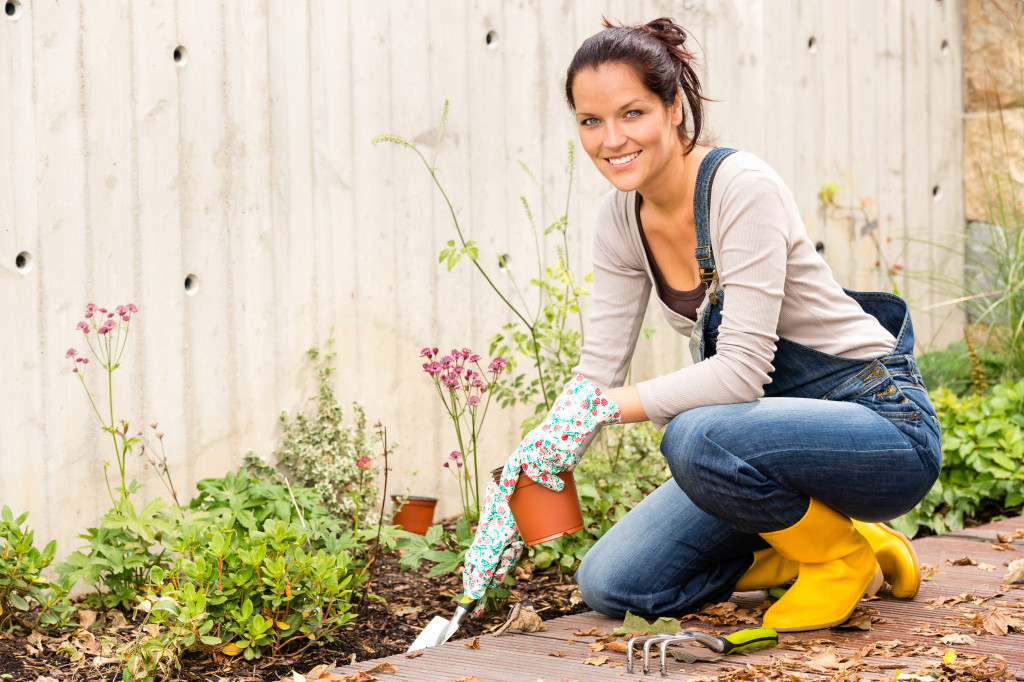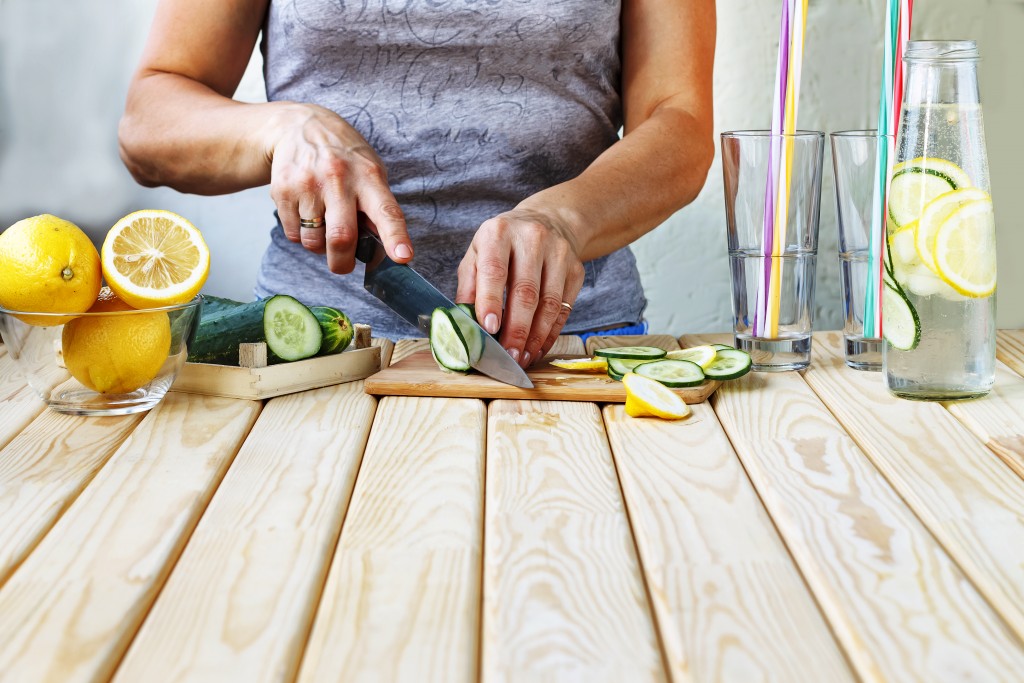A 2019 survey found that an estimated 35 million people live alone in the United States. As we approach winter, experts predict that more cases could pop up and that we are in for a long, difficult season. Living through a pandemic is hard enough, but going through it alone can make it even harder.
At least people who have roommates or family members have people to rely on and the luxury of their loved ones’ presence. It can be difficult for single-person households to manage household chores and work-from-home responsibilities, let alone being physically fit and mentally healthy.
Outsource what you can
It can be hard to stay on top of your home maintenance tasks and household chores when you’re already busy with remote work and other job responsibilities. All of these duties can compound when you live alone, leaving one to feel overwhelmed and anxious. Consider outsourcing what you can, especially on busy work weeks, to take the load off your back.
Professional cleaning services can take care of your home, not just with general dusting up but even with deep cleaning, disinfecting, and sanitizing. You can also look for an auto detailing shop that can disinfect your car and make sure it’s safe for your use. You can even outsource your laundry.
There are so many ways you can benefit from hiring professionals to do certain tasks around the house, like focusing on rest and leisure during your downtime. And the best part is that because experts can do the job right, you don’t need to hire them every single time—you can employ them intermittently, and you can do basic maintenance in between.
Don’t default to harmful coping mechanisms
Experts observed that drug use became even more rampant during the COVID-19 crisis. Times are hard, and people are scratching around for something to distract them, even if those distractions might not be necessarily healthy for them. If you know that you have a propensity for clinging to unhealthy and harmful coping mechanisms, be proactive about your health by asking people you trust to keep you accountable.
Don’t reach for the bottle or cigarettes when you find yourself lonely or anxious. Don’t call a person who you know is unhealthy for you. You can choose much healthier alternatives, like going for a socially-distanced run or scheduling a video call with friends and family who make you better. Falling back into old toxic patterns might be the path of the least resistance, but it will never give you satisfaction or keep you healthy at a time when you need to shield yourself from the virus.
Make fitness a priority and monitor every aspect of your health

It can be hard to keep an exercise routine when you live alone, but you have to do it if you want to boost your immune system and help shield your body from being affected by COVID-19 in dangerous ways. If you haven’t worked out in a while, you can start small: Even doing a 30-minute stretch after your work can benefit you greatly, and your back will thank you for it. Choose to eat nutritious meals like salads and green juices.
Invest in a good and handy thermometer—there are a lot of affordable options in the market. Check your temperature now and again to make sure you don’t have a fever. Stay in tune with your body, like the aches and other changes, and make a note of it using a pad that’s dedicated specifically for your health. Observe your mental health and thought processes, and don’t hesitate to speak with your primary healthcare provider if you have concerns.
Don’t neglect your existing relationships
Just because you can’t be with people physically, it doesn’t mean you need to abandon your relationships completely. Apps like Zoom, Google Meets, and other video call software exist to help you stay connected in a post-COVID world. Relationships don’t maintain themselves; they also take a lot of work and being intentional. It might feel like another thing you have to do on top of a long list of tasks, but you need to stay connected with your friends and loved ones to survive.
You’re Not Really Alone
You might be a single-person household, but there are people you can go to when times are hard. If you don’t have family and friends, you can call a lot of crisis hotlines. They say no man is an island, and even more so in 2020.




